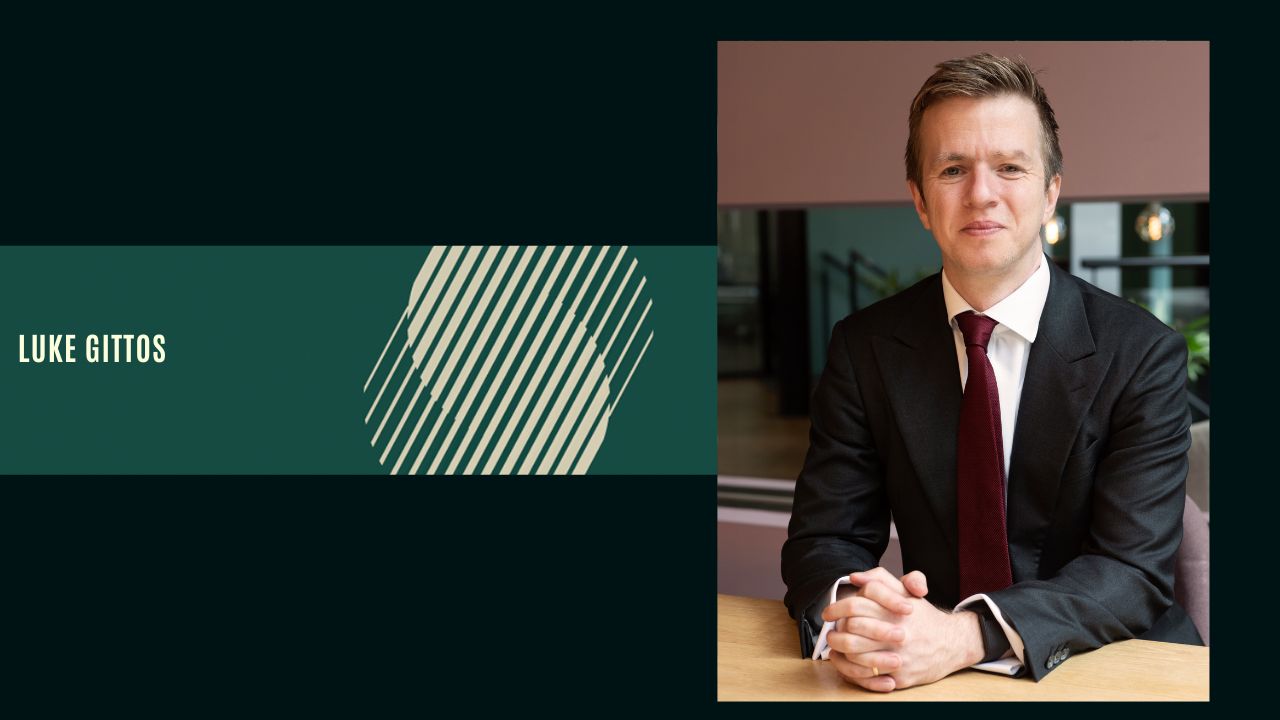
The recent acquittal of Jamie Michael at Merthyr Tydfil Crown Court highlights critical concerns surrounding the enforcement of public order legislation and its implications for freedom of speech. This case underscores the urgent need for reform in how speech-related offences are prosecuted under the Public Order Act 1986.
The Case Against Jamie Michael
Jamie Michael, a 46-year-old former Royal Marine who served in Iraq and Afghanistan, was charged under Section 2(1) of the Public Order Act 1986 for allegedly stirring up racial hatred through a video he posted on Facebook.
On 31 July 2024, Jamie uploaded a video titled “This is what I think,” in which he expressed concerns regarding the recent stabbings in Southport. In his video, he discussed the importance of community-led initiatives to safeguard children, addressed the dangers of radicalisation, and commented on unvetted migration and its societal impact. He also referenced civil unrest in Leeds and Manchester, arguing that the UK was facing significant challenges that required urgent attention.
Despite his statements being rooted in public discourse on security and migration—topics of legitimate concern—Jamie was arrested at his workplace while attending to a client and detained for 17 days before being granted bail. His subsequent trial spanned two days, after which a jury took just 17 minutes to deliver a unanimous not guilty verdict.
Legal and Human Rights Concerns
As Jamie’s defence solicitor, alongside barrister Adam King, we maintained that his comments were protected under Article 10 of the European Convention on Human Rights (ECHR), which guarantees the right to freedom of expression. Throughout the pre-trial process, we urged the Crown Prosecution Service (CPS) to reconsider its stance, arguing that the video did not meet the threshold for prosecution.
A significant aspect of the case was the political nature of the complaint. The individual who reported Jamie to the police was affiliated with the communications team of a Welsh Labour member of the Senedd. This raises concerns regarding politically motivated complaints and their role in initiating criminal investigations against individuals expressing dissenting views.
The Need for Reform
While Jamie’s acquittal is a victory for free speech, his prosecution demonstrates the broader risks posed by vague and overly broad legislation. Under current law, an individual can be prosecuted not for intending to incite hatred but simply if their statements are deemed likely to do so. This subjective threshold allows authorities to criminalise expression based on perceived impact rather than demonstrable harm.
The Public Order Act 1986 must be reviewed to ensure that it aligns with fundamental principles of free expression. At a minimum, additional guidance should be issued to prosecutors to prevent unwarranted cases that could have a chilling effect on public discourse.
Conclusion
This case is a stark reminder of the need to safeguard free speech against overreach by law enforcement and prosecutors. Jamie Michael’s acquittal demonstrates the importance of the jury system as a safeguard against excessive state intervention. However, the distress and reputational damage he endured highlight the necessity for legal reforms to prevent similar prosecutions in the future.
At Murray Hughman, we are committed to defending civil liberties and ensuring that legal frameworks uphold fundamental freedoms. If you require expert legal representation in cases involving free speech, public order offences, or human rights law, our experienced team is here to assist you.





